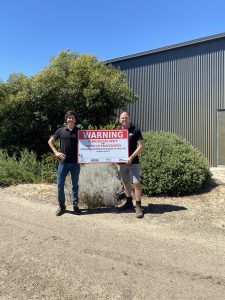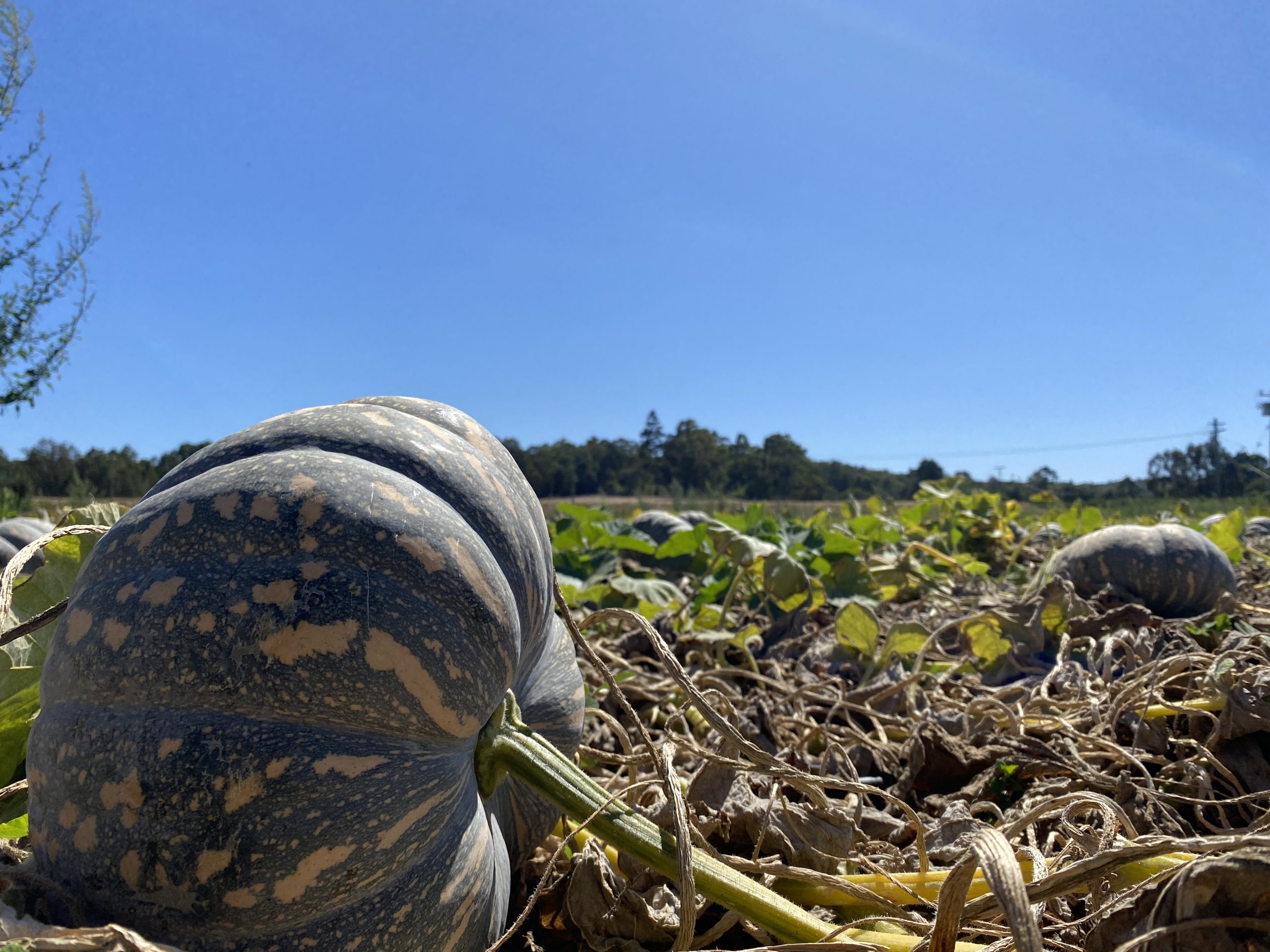VegNET WA projects continue to progress despite COVID challenges
In March, Western Australia threw open its borders and began to glimpse the ‘new normal’ that most of Australia had already experienced. VegNET – Western Australia Regional Development Officer Michael Bartholomew provides an update on how WA growers are managing the challenging COVID environment, as well as future VegNET activities.
Mirroring the impacts that it has had on growing regions around the country over the past two years, COVID-19 has proven to be an unwelcome distraction from the regular scheduled programming of the west’s VegNET 3.0 project.
Consider us lucky or unlucky that we are only facing increased cases now. However, it has provided ample time to prepare with a head-start on legislation and a continuous feed of shared experiences from the east, which has been living in a COVID reality for some time now. As the sun appears to be setting on our country’s COVID woes, the west is still playing catch-up.
Business continuity and risk management planning has been high on the agenda for the state’s vegetable growers. I have been hard at work providing planning support and swiftly decoding legislation for the state’s growers as the COVID threat looms ever closer.
General feedback and grower sentiment suggests that Western Australian growers are well-prepared for managing the uncertainty when it arises and have taken steps in reducing the risk where they can.
Several successful workshops have been run in the Wanneroo, Geraldton and Carnarvon areas, as well as a series of one-on-one visits in the Manjimup growing region that have focused on COVID planning and updates, Ag Visa updates and a disease forecast for our predicted wetter-than-average winter. These updates have been positively welcomed by the state’s growers.
Summer scorcher
Dissimilar to the widespread and devastating flooding seen in Queensland and New South Wales, WA has endured the hottest summer on record.
The state has recorded a full combined fortnight above 40°C with continual, high-pressure easterly winds, and an average maximum temperature of more than 33°C. Other than slowing crop growth an

d causing widespread yield loss, this has also put pressure on water demand – specifically in regions such as North Wanneroo, where water allocations have been cut.
Biosecurity video series coming soon
Once the COVID wave begins to lessen, there are a couple of new exciting projects that I will be assisting in delivering to WA growers. First is a series of biosecurity videos, filmed in WA with the help of a local media company as well as vegetablesWA and AUSVEG. The first of these videos are scheduled to be filmed in May, with the rest to follow in coming months.
These short videos will aim to address the top causes of pest and disease entering farms, and what growers can do to minimise the risk in a manner that is convenient and relatable.
These types of videos are on the internet already; however, none address the specific nature of vegetable enterprises and certainly not the uniqueness of WA growing conditions.
One of the largest barriers of adoption of biosecurity practises is confusion amid the sea of irrelevant information. Out of all farm biosecurity advice available, only 10 per cent may be relevant to a grower’s specific situation.
Greenhouse heating in-focus
A study into greenhouse heating efficiency and reducing reliance on expensive and non-renewable heating methods is in its early stages of progression.
This project aims at addressing the rising input costs associated with conventional heating methods and providing feasibility studies into using cheaper, modern, and efficient ways of heating greenhouses. All with the added benefit of making production that much greener by reducing greenhouse gas emissions.
Discussions have been held with renewable energy consultancy companies, engineering firms and grower stakeholders in getting this project off the ground, with promising results.
The technology is new in Australia and a study like this in WA will be the first of its kind. Please get in touch if you would like further details.
Find out more
Please contact Michael Bartholomew on 0427 373 037 or email michael.bartholomew@vegetableswa.com.au.
VegNET 3.0 is a strategic levy investment under the Hort Innovation Vegetable Fund.
This project has been funded by Hort Innovation using the vegetable research and development levy and contributions from the Australian Government.
Project Number: VG21000
Cover image: Pumpkins growing in south-west Western Australia.

